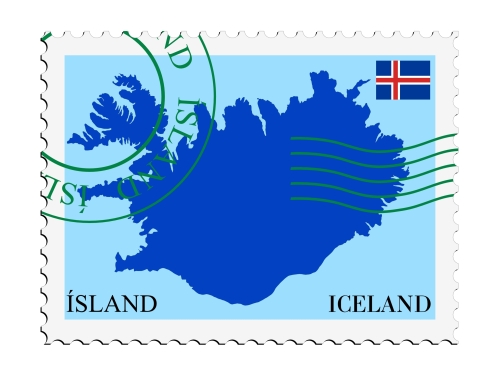In May 2013, Iceland’s new coalition government put on hold the accession talks with the EU, opened in June 2010. It dissolved the country’s EU Negotiation Committee and announced that an assessment of the negotiations would be submitted to the Parliament – the Althingi.
European Commission report

On 16 October 2013, the European Commission (EC) published its 2013 enlargement package. On Iceland, the EC adopted a factual report, covering the period from September 2012 to May 2013, when the new government decided to stop the talks. The EC finds that Iceland continues to fully meet the political criteria for accession. Moreover, Iceland is a functioning market economy, although persistent weakness of the financial sector and restrictions on capital movements are considered areas needing improvement. Finally, Iceland has a high level of alignment with the EU acquis, through the country’s membership of the European Economic Area (EEA) and the Schengen area. Nevertheless, Iceland’s agriculture and fisheries policies (essential economic sectors) are not aligned with EU law; moreover, Iceland has failed to implement certain EEA acts. Of the 27 negotiating chapters opened, 11 had been provisionally closed.
The report also announces the suspension of the Instrument for Pre-Accession Assistance (IPA) for Iceland, notified officially in December 2013. The EC stopped preparatory work for IPA II (which would apply from 1 January 2014); no new contracts were signed under IPA I and ongoing projects were discontinued.
EU Commissioner for Enlargement, Štefan Füle, declared the EU was still committed to reinforcing relations with Iceland, and the EC was ready to resume negotiations, if and when Iceland decided to end the standstill. The Council also recalled in December 2013 the advanced stage reached in accession negotiations and expressed readiness to continue the process.
Perspectives
Gunnar Bragi Sveinsson, Iceland’s Foreign Minister, insisted on the need to inform the public accurately on the status of the talks. He pointed out that, although most chapters have been opened, the most difficult (fisheries and agriculture) have not yet been tackled.
The leaders of the two-party governing coalition declared their intention to strengthen Iceland’s relations with the EU, short of membership. The Foreign Minister stated in September 2013 that accession negotiations will not resume without a prior referendum. However, a referendum is uncertain, as coalition leaders had appeared to disagree on the issue. Nonetheless, 80% of Icelanders want a referendum on continuing the negotiations and 53% are in favour of completing the talks. On the other hand, the majority of Icelanders does not wish to join the EU (58% in November 2013), although this percentage declined from 68% (May 2013). Sveinsson also announced an independent expert review of the status of the negotiations and on developments within the EU, due in January 2014, to be submitted for debate in the Althingi. A formal decision would wait for this report. Analysts conclude it is unclear whether resuming the talks will be decided by referendum or only based on the review’s findings.
Two fisheries-related issues (mackerel quotas and whale hunting) and the Icesave dispute hinder EU-Iceland relations. Moreover, Iceland seems to be turning its focus to the Arctic and to strengthening ties with China (with which it signed a free trade agreement in April 2013).
European Parliament
The motion for resolution on the 2012 progress report and the post-election perspectives expresses support for continuing the accession talks. It welcomes a debate in the Althingi in anticipation of a decision.








Be the first to write a comment.